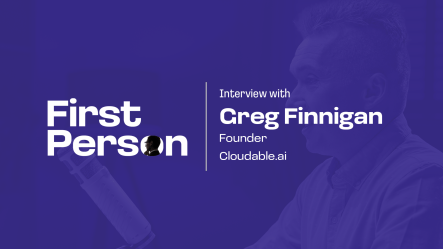With the eruption of data and the variety of data types that companies are seeking to take advantage of, there has been a significant increase in the need for professionals with the skills to acquire and integrate big data. ETL developers mainly work with different sources of data an organization may have and creates ways to extract data from sources, as well as, import it and modify it to fit the needs of the organization and then add it into a data warehouse.
“Given that the ETL software industry is rather mature, these positions are likely to have some of the longest tenures in the Big Data resource pool, and are often a mix of employees and contract resources,” says Greg Jones, CTO of Kforce.











